Home
Online Degree Programs 2025
Online Degree Programs 2025
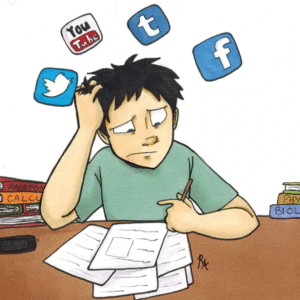
A student’s self-image—the way they view their own abilities, value, and potential—has a powerful influence on how they perform in school. When students believe in themselves and feel confident in their capabilities, they are more… Read more
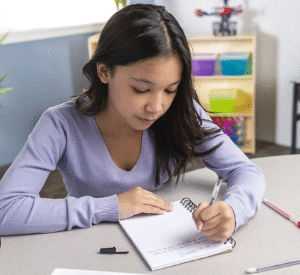
Reflective journals are a simple yet powerful tool that can enrich learning and help students grow both academically and personally. When used thoughtfully, they encourage students to think deeply about their experiences, take ownership of… Read more
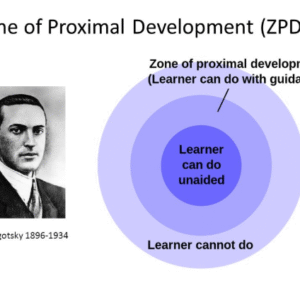
The Zone of Proximal Development (ZPD) is a foundational concept in education that highlights the importance of guidance and collaboration in learning. Originally introduced by psychologist Lev Vygotsky, the ZPD helps teachers better understand how… Read more
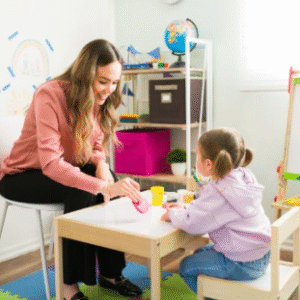
Play is more than just fun—it’s a meaningful way for children to express themselves, build connections, and explore their emotions. In school settings, play therapy offers a gentle and supportive way to help students navigate… Read more
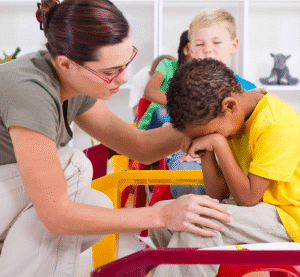
Emotional awareness and regulation are essential life skills—especially for students learning how to navigate both academic challenges and social situations. When schools support students in understanding and managing their emotions, they create classrooms that are… Read more
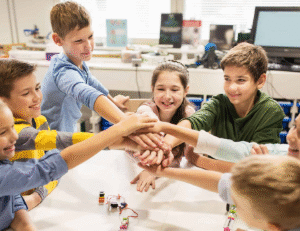
Peer acceptance plays a powerful role in a student’s school experience. When students feel accepted by their classmates, they are more likely to engage in learning, participate confidently, and build strong social skills. Creating a… Read more
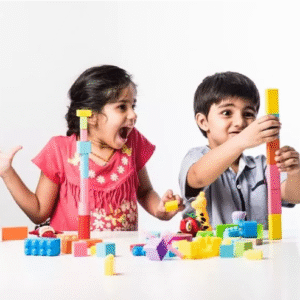
Cooperative play is more than just children playing together—it’s a vital part of social and emotional development. When students engage in cooperative play, they learn important skills like sharing, communication, problem-solving, and empathy. Understanding the… Read more
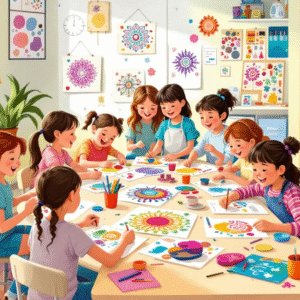
Art is a powerful form of expression that goes beyond colors and shapes—it can help students explore their feelings, build confidence, and develop problem-solving skills. Incorporating art therapy techniques into education provides a supportive way… Read more
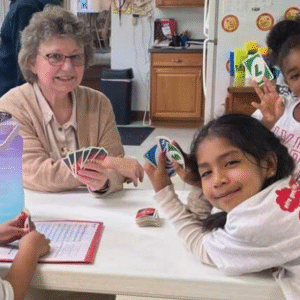
At-risk youth often face challenges that can impact their success in school and life. These challenges might include family difficulties, economic hardship, or social pressures. Supporting these young people with care and understanding is key… Read more
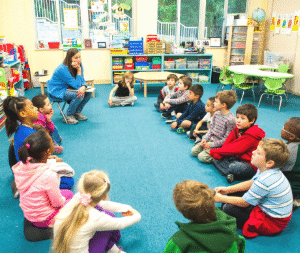
A positive school community is the heart of a great learning environment. When students, teachers, staff, and families feel connected and respected, everyone benefits. A strong community encourages kindness, cooperation, and a shared commitment to… Read more
